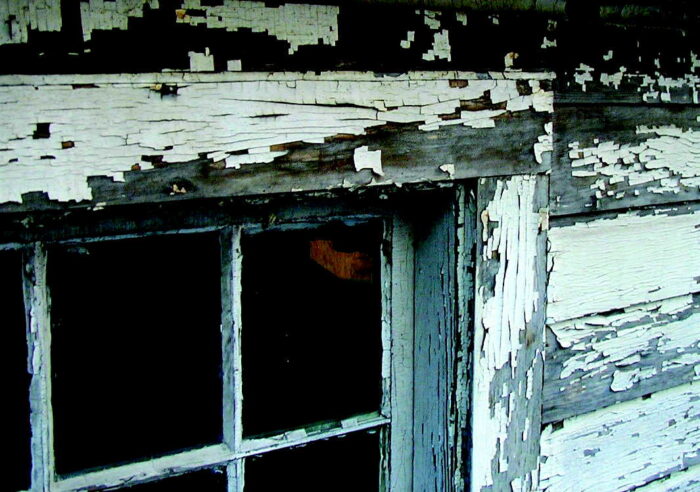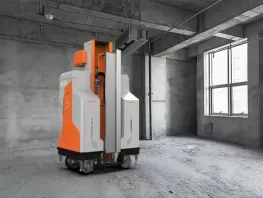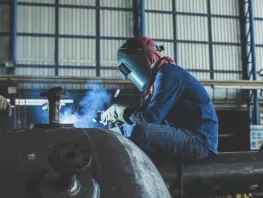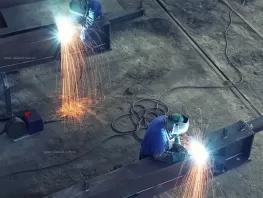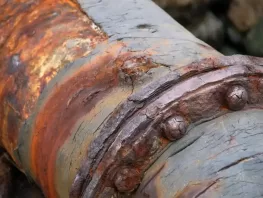Common paint failures can come in many forms to haunt painting contractors. Different paint failures can include tannin bleed through, where oils present in the wood that is being painted over “bleed” through the paint. This means that the oils come through the paint, creating what look like stains all over the freshly done surface. The stains may not appear for some time after the job is finished, meaning the painter may not know it is occurring until it is far too late. Just as any stain ruins the aesthetics of a project, this tannin bleed makes the surface look considerably less pleasing, and is a problem that any contractor or painter should prepare for and work to avoid. A way to avoid this type of problem would be to have a contractor wash or sand the surface properly, and apply the correct primers. Regular paint bleed, although it is a problem of a slightly different nature, is also an issue that should be considered before a job is underway. Proper surface preparation and sealing of the area being worked on will prevent the paint from running into other areas of the surface or wall.
Not all problems are as serious as bleed-through stains that appear when the job has already been completed. Problems like peeling paint or loose paint can be much more easily combated by both contractors and homeowners alike. Paint that is peeling or loose cannot be repainted over, as the same problem will occur again with the fresh coat. By simply preparing the surface before a fresh painting job is about to begin by sanding or blasting the surface free of peeling or loose blemishes, fresh paint can be applied to the now smooth surface without worry. To prevent the next coat from peeling later on, it is advisable to clean the surface before applying the new coat, ensuring the proper surface preparation (usually by hand or power tool cleaning) and to be sure to apply the new coating at the proper film thickness. Avoiding peeling paint is not the only time a painter should clean off the surface before beginning a project. Making sure a surface is clean will also work to prevent bubbles from arising in the surface. No matter what is being painted, it is crucial that it is clean before the paint is applied. On rusted surfaces that need to be painted, for example, sandblasting to bare metal would be advisable, to ensure that the paint is applied to a clean and sound surface.
Proper knowledge abou t these common paint problems is important to ensure that a job goes smoothly the first time. Although some of these problems may seem trivial, any problem will only unnecessarily prolong the job, and some problems may even mean the entire job needs to be redone. For this reason, it is important that you have the right contractor for your job, one that is experienced and knowledgable. For readers on the east coast in NJ, NY, CT or PA, Alpine Painting and Sandblasting is a local contractor that can be reached for services or information, online or at
t these common paint problems is important to ensure that a job goes smoothly the first time. Although some of these problems may seem trivial, any problem will only unnecessarily prolong the job, and some problems may even mean the entire job needs to be redone. For this reason, it is important that you have the right contractor for your job, one that is experienced and knowledgable. For readers on the east coast in NJ, NY, CT or PA, Alpine Painting and Sandblasting is a local contractor that can be reached for services or information, online or at
866-596-0349. No matter which contractor you choose or if you choose to take on the project yourself, be sure that these common problems do not plague your project, as they are almost always preventable.
By Dave Scaturro, Sales Director for Alpine Painting.
Credit to: Frohnapple, Katie. "Overcome Common Paint Nuisances ." American Painting Contractor Magazine . 09 Sept 2013: n. page. Web. 6 Sep. 2013. <http://digital.turn-page.com/i/123564/33>.
